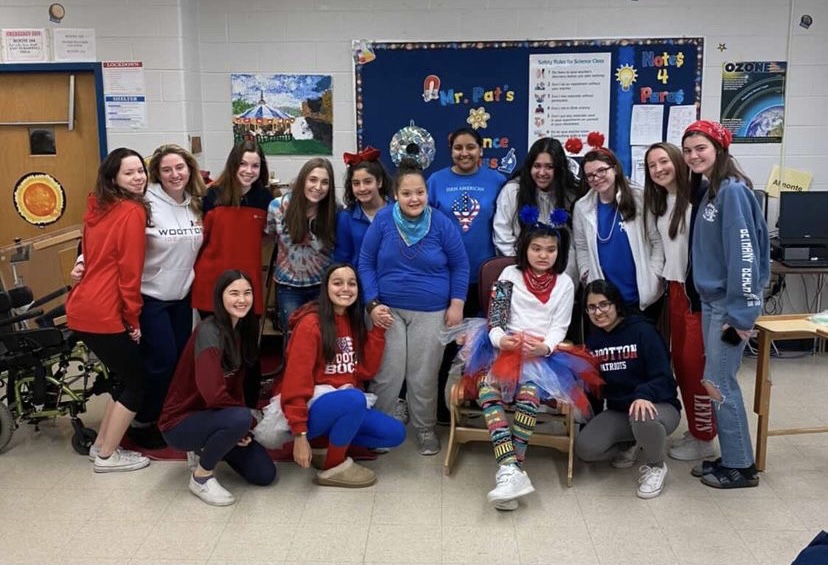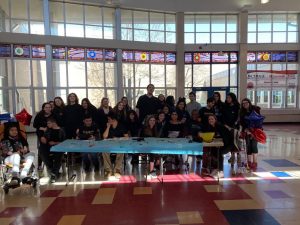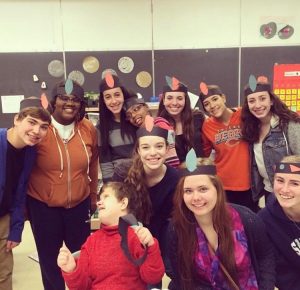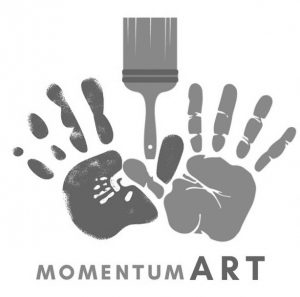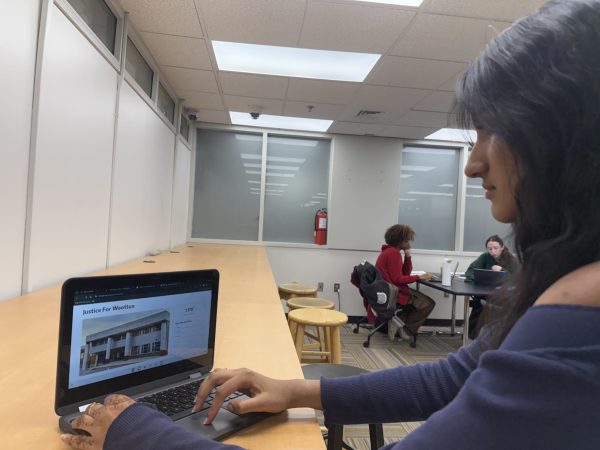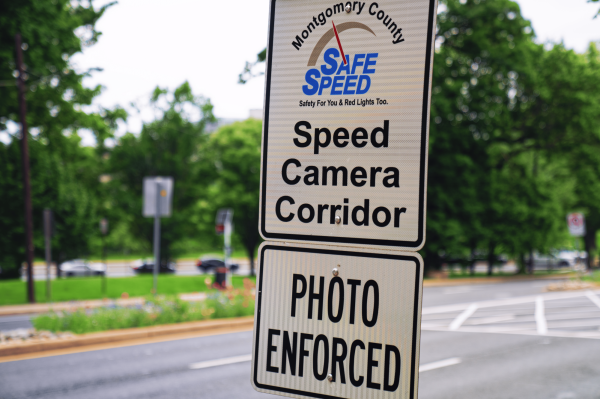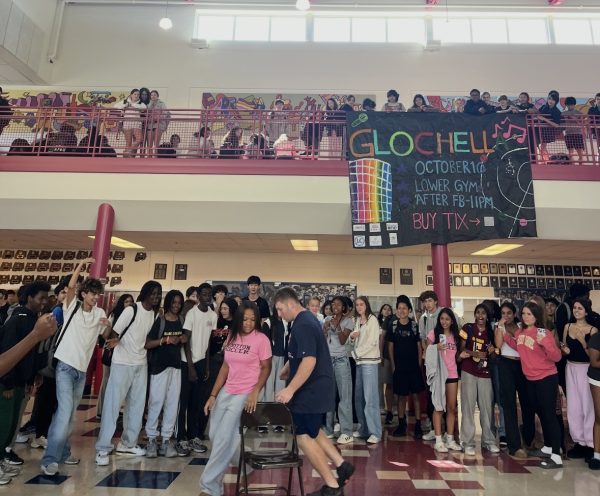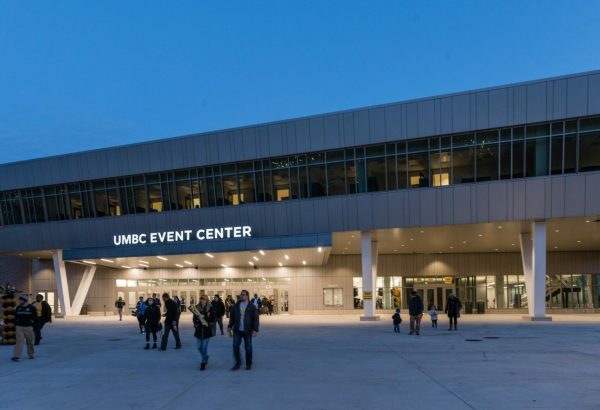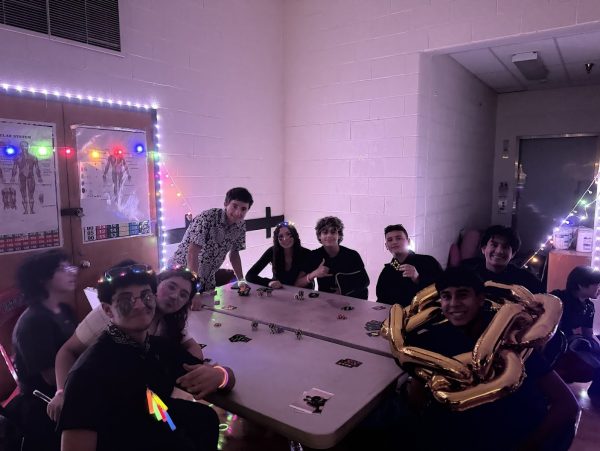April is Autism Awareness Month: time to spread awareness of struggles faced by members of autism community
Photo courtesy Catherine Contreras
Best Buddies gathers during inclusion spirit week in 2020.
Autism spectrum disorder is a condition related to brain development, and often causes difficulty in “social interaction and communication,” according to the Mayo Clinic. The CDC found that in the U.S. in 2020, the prevalence of autism is 1 in 54 births, and about 1% of the world population has autism.
As a non-autistic person, I cannot speak for autistic people and the struggles and experiences they face daily. All information in this article is statistical or reported first-hand from autistic people.
The autistic community has repeatedly expressed their discontent with the word “awareness” being used; acceptance should be used instead. Awareness seems to portray autism as a disease or something needing a cure. Acceptance is what is widely needed from non-autistic people.
The Instagram account @the.autisticats has hundreds of informative posts and is run by four autistic advocates. According to this account, the overwhelming majority of autistic people prefer to be referred to as “autistic” rather than a “person with autism.”
Donating to organizations and volunteering is a great way to help out, The Autism Society of America is a large, non-profit, grassroots organization that assists families affected by autism in their daily lives. In April, they hosted dozens of virtual events, primarily through Facebook live webisodes, which can still be accessed through their Facebook page (@autismsociety).
The organization Autism Speaks is widely known, but is considered by many to be more harmful to autistic people than helpful. The organization’s goal is to find a cure for autism, rather than support and assist families. It portrays autism in a negative, and often scary way; autism is nothing to be feared or rejected. Individuals with autism, such as “Autistic Mama,” a mother with autism whose son also has autism, does not support Autism Speaks: “As an autistic person, I can’t believe an organization that claims to represent me honestly wishes I were never born.”
The organization uses puzzle pieces to represent autism, and wants people to “light it up blue” to spread awareness; #RedInstead should be used to counteract the organization’s agenda, and a rainbow infinity should be used in place of puzzle pieces.
The Wootton club Best Buddies creates a space for peers to spend time together and understand each other and promote inclusion. Co-president of the club, Catherine Contreras, thinks that “as a whole the Wootton community needs to be more accepting and inclusive” of special education programs and students.
There is an abundance of information to learn about people with autism and their daily lives. Speak to autistic people, do research, attend groups and meetings and do not speak over autistic voices. Contreras knows that someone having autism “does not mean they are any less of a human being, and they deserve love and respect.”
Your donation will support the student journalists of Thomas S. Wootton High School. Your contribution will allow us to purchase equipment and cover our annual website hosting costs.
Ellie Reiter is a 2022 graduate.


